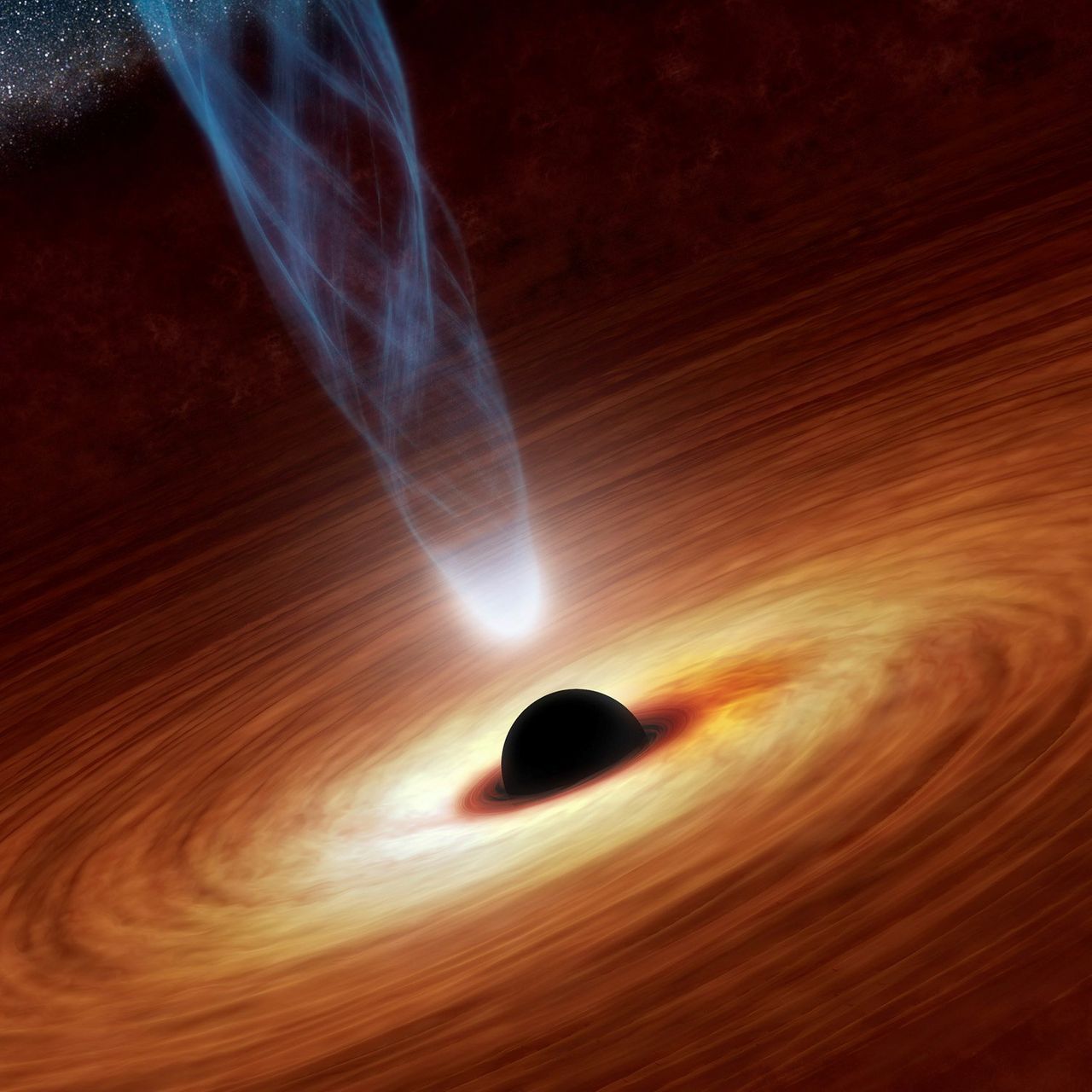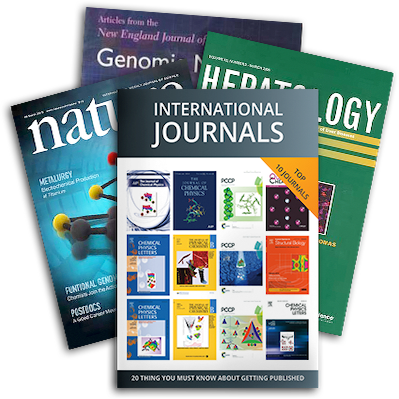Welcome to the UMass-URI Gravity Research Consortium (U2GRC).
The U2GRC is a collaboration between the gravity research groups at UMass Dartmouth and the University of Rhode Island. The research areas of interest to the group members include: black holes, gravitational waves, multi-messenger astronomy, astrophysics and quantum gravitation. Most members are part of the LIGO Science Collaboration or the LISA Consortium. Research efforts in the U2GRC are funded through multiple National Science Foundation (NSF) grants, NASA and private foundations (FQXi and others).
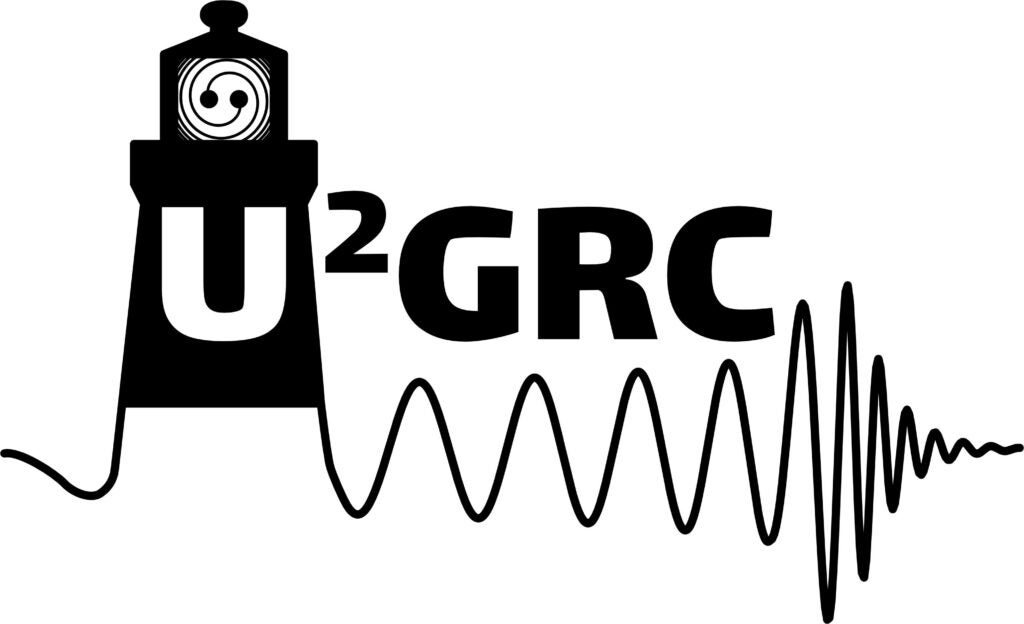
U2GRC members collaborate externally with other research groups including the Simulating Extreme Spacetimes (SXS) Collaboration (Caltech & Cornell), Kavli Institute for Astrophysics (MIT), Black Hole Initiative & Center for Astrophysics (Harvard), Max Planck Institute for Gravitational Physics (Germany), Texas Tech, Penn State University and Louisiana State University.
News
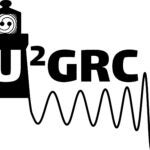 U²GRC Students win multiple awards - Congratulations to multiple U²GRC students on their remarkable achievements. Undergraduate Morgan Beck has been honored with URI’s Undergraduate Student Research and Scholarship Excellence Award and will serve as an A&S Fellow in Summer 2025. Alumnus Tousif Islam (Ph.D. ’24) received an honorable mention in the GWIC-Braccini Thesis Prize — an annual award from the Gravitational […]
U²GRC Students win multiple awards - Congratulations to multiple U²GRC students on their remarkable achievements. Undergraduate Morgan Beck has been honored with URI’s Undergraduate Student Research and Scholarship Excellence Award and will serve as an A&S Fellow in Summer 2025. Alumnus Tousif Islam (Ph.D. ’24) received an honorable mention in the GWIC-Braccini Thesis Prize — an annual award from the Gravitational […] Michael publishes in Nature! - https://www.uri.edu/news/2025/03/machine-learning-algorithm-analyzes-gravitational-waves-from-merging-neutron-stars-in-the-blink-of-an-eye/
Michael publishes in Nature! - https://www.uri.edu/news/2025/03/machine-learning-algorithm-analyzes-gravitational-waves-from-merging-neutron-stars-in-the-blink-of-an-eye/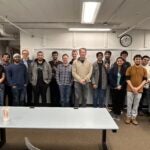 Sean Carroll visits U²GRC! - Sean Carroll visited us this week delivering several talks and engaging with the URI community widely. Carroll gave a Physics Department seminar, a public talk and help many discussions with faculty, students, and other community members. He stayed at the President’s house as a special university guest. Carroll spent 2 hours with the U²GRC yesterday […]
Sean Carroll visits U²GRC! - Sean Carroll visited us this week delivering several talks and engaging with the URI community widely. Carroll gave a Physics Department seminar, a public talk and help many discussions with faculty, students, and other community members. He stayed at the President’s house as a special university guest. Carroll spent 2 hours with the U²GRC yesterday […]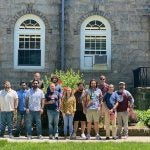 Two new faculty members to join U²GRC in Fall ’25! - We are really excited to share that Drs. Derek Davis and Deborah Ferguson will be joining U²GRC as faculty members at URI in Fall 2025. Derek Davis is currently a postdoc at Caltech. They work at an intersection of detector science and astrophysics, specifically on how characterization of gravitational-wave detectors impacts detections of gravitational wave sources. […]
Two new faculty members to join U²GRC in Fall ’25! - We are really excited to share that Drs. Derek Davis and Deborah Ferguson will be joining U²GRC as faculty members at URI in Fall 2025. Derek Davis is currently a postdoc at Caltech. They work at an intersection of detector science and astrophysics, specifically on how characterization of gravitational-wave detectors impacts detections of gravitational wave sources. […] Sean Carroll visits U²GRC in March - We are really excited to share that Dr. Sean Carroll will visit us in the first of March. As part of the visit, Dr. Carroll will give multiple talks and hold several small sessions with students and researchers.
Sean Carroll visits U²GRC in March - We are really excited to share that Dr. Sean Carroll will visit us in the first of March. As part of the visit, Dr. Carroll will give multiple talks and hold several small sessions with students and researchers.

